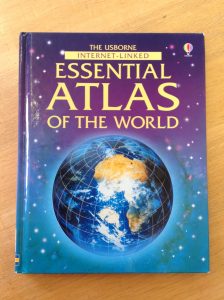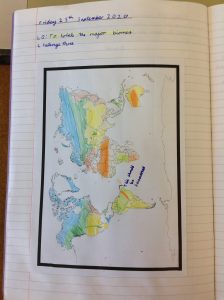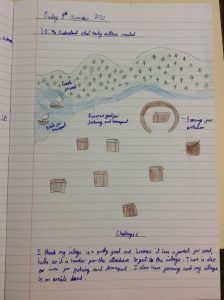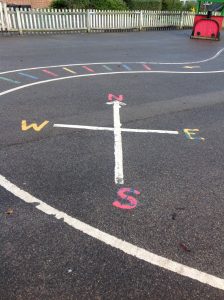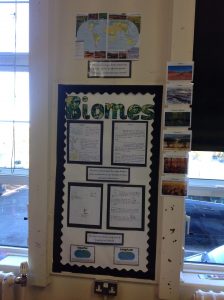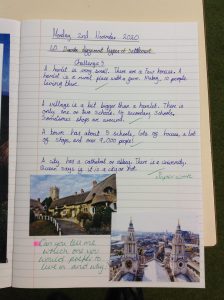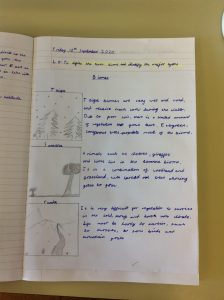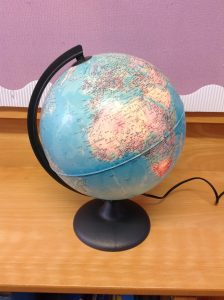“I like learning about the weather in different countries.”-Arthur
“It’s learning about the world – it’s not focused on one thing.”-Nate
“I liked learning about longitude and latitude and using the atlas.”-Archie
Geography enables pupils to understand the relationship between the human and physical aspects of the world. At Manland, we use the National Curriculum for Geography, alongside the Chris Quigley scheme of work. By the time children leave Manland, they are able to communicate geographical information in a variety of ways, as well as showing an understanding of the interconnectedness of the world in which they live. Within lessons we stimulate pupils’ interest in their local surroundings as well as teaching them to gain a knowledge and understanding of places in the world. Teachers plan sequences of lessons which foster a sense of understanding about how we are interconnected and interdependent with other people and ecosystems around the world. We enable children to know and understand environmental problems at a local, regional and global level as well as encouraging children to have a commitment to sustainable development and an appreciation of what ‘global citizenship’ means. At Manland, we extend our pupils’ geographical learning by making use of our extensive school grounds and local area. The school also encourages pupils to focus on the natural world and environmental issues, through membership of the Eco-Committee. The Eco-Committee consists of elected members from each year group. The Eco-Committee members work together to decide on initiatives, which monitor, improve and develop the school’s commitment to being eco-friendly.
Our Aims – Geography National Curriculum
The National Curriculum for geography aims to ensure that all pupils:
- Develop contextual knowledge of the location of globally significant places – both terrestrial and marine – including their defining physical and human characteristics and how these provide a geographical context for understanding the actions of processes
- Understand the processes that give rise to key physical and human geographical features of the world, how these are interdependent and how they bring about spatial variation and change over time
- Are competent in the geographical skills needed to:
- Collect, analyse and communicate with a range of data gathered through experiences of fieldwork that deepen their understanding of geographical processes
- Interpret a range of sources of geographical information, including maps, diagrams, globes, aerial photographs and Geographical Information Systems (GIS)
- Communicate geographical information in a variety of ways, including through maps, numerical and quantitative skills and writing at length.
Ways to Develop Geography Skills at Home
- Look at maps together, discuss journeys, discuss environmental issues, make and discuss observations in our natural environment.
- Talk about where you live and the areas you visit as a family
- Visit and explore websites such as;
https://www.bbc.co.uk/teach/class-clips-video/geography-ks1–ks2-explain-this/ https://knoema.com/atlas https://getoutside.ordnancesurvey.co.uk/guides/free-maps-to-colour-in/ https://www.nationalgeographic.com/maps/world-coloring-map.html https://world-geography-games.com/ https://accessmars.withgoogle.com/ https://www.nationalgeographic.org/education/student-experiences/explorer-classroom/ https://artsandculture.google.com/category/place?hl=en&tab=pop https://encounteredu.com/teacher-resources/our-ocean-planet-science-geography-ages-7-11

